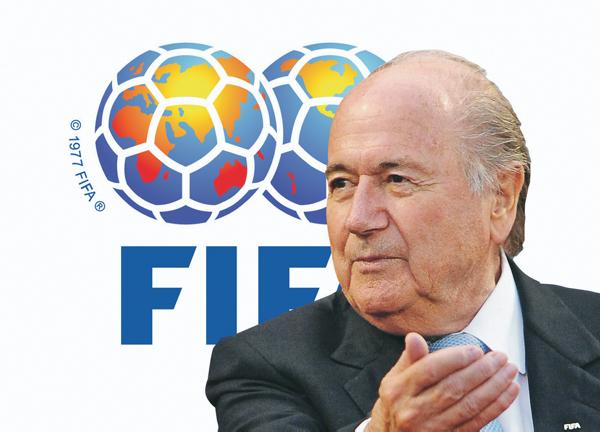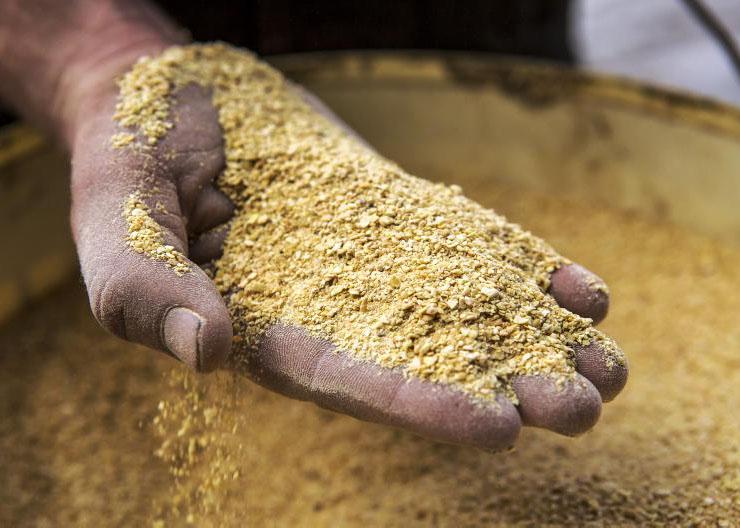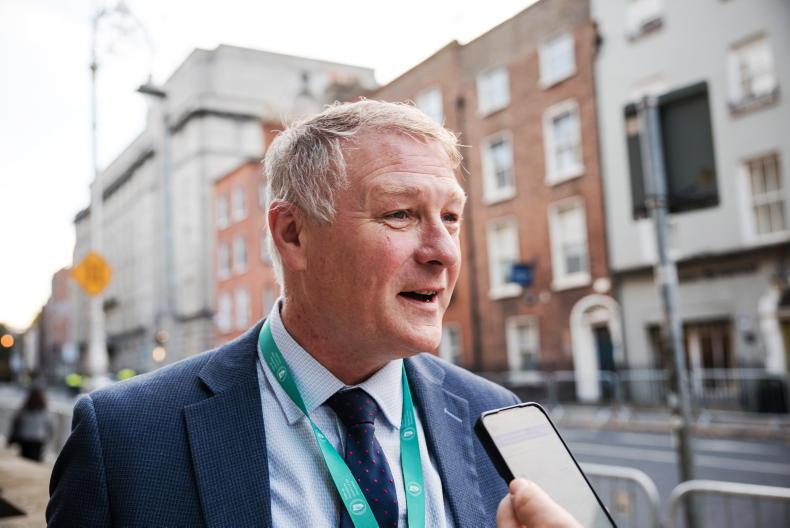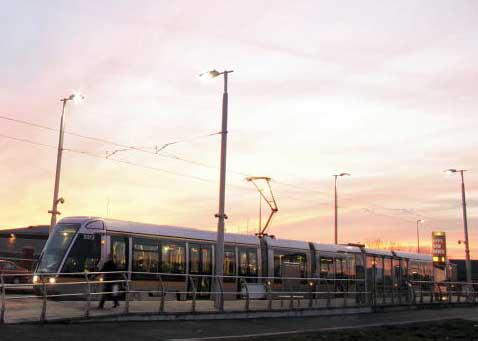The protests in Brazil over the extravagant money-wasting World Cup are entirely justified. When the tournament was held in the United States in 1994, all of the games were played at stadiums already constructed, including famous American football grounds like Giants stadium in New Jersey and the Rose Bowl in California.
The same policy was followed when the tournament was played in France, Germany and Italy. But in Brazil, 11 brand-new stadiums have been constructed and Rio’s Maracana re-furbished at a total cost of €7bn.
Extra billions have been spent on prestige infrastructure projects, some of which were not even completed on time. Four years ago another developing country, South Africa, was stuck with the bill for an orgy of stadium-building it could ill afford.
The system adopted by FIFA more or less guarantees this outcome. Countries are asked to ‘bid’ for the honour of hosting the tournament through offering to over-build facilities. Poorer countries end up building first-world facilities that they do not need, at crippling costs. The controversial award of the 2022 Cup to Qatar, a country the size of county Cork, will see all of the facilities built from scratch in the desert, with stadiums located no more than 30 or 40km apart. Qatar can afford it, being a fabulously wealthy oil and gas sheikdom. Brazil and South Africa have far more urgent uses for public funds.
South Africa
In South Africa, five new stadiums were constructed and major refurbishments carried out on five more. The total bill was almost €2bn. Capacity at these stadiums ranges from 40,000 to 64,000, in a country where the national soccer league has average attendances of only 8,000. In other words, South Africa has been saddled permanently with 10 Bertiebowls while millions of its citizens live in abject poverty. In Durban, a brand-new stadium was constructed literally down the road from the long-established Kingsmead stadium, good enough to host test cricket.
It might be thought that the 12 World Cup venues in football-mad Brazil will be kept busy after the tournament is over. But several of the cities chosen as World Cup venues, including Manaus where England lost to Italy on Saturday last, do not even have a team in the top division of the Brazilian League, where the average attendance is in any event about 14,000. Only in Rio de Janeiro and Sao Paulo are the stadiums likely to see a regular full house for club matches. The air-conditioned executive boxes provided for FIFA officials will likely never be occupied by paying customers.
In effect the FIFA award system requires poor countries foolish enough to want to host a World Cup to waste prodigious amounts of money on white elephants. Even that may not be enough – The Sunday Times has been alleging over the last three weeks that Qatar dished out financial inducements to FIFA committee members to secure their votes.
The Brazilian public are highly sensitised to FIFA’s continuing corruption scandals. The FIFA president who preceded Sepp Blatter was a Brazilian, Joao Havelange, who was found guilty of corrupt practices in 2013 and forced to resign as honorary president. Domestic football in Brazil has been plagued with corruption scandals down the years and there have been allegations that the World Cup construction bonanza has been the vehicle for kickbacks and political favouritism. So it is not a surprise that the Brazilian public is cynical.
During the week the former UK Labour minister David Triesman, who also chaired England’s Football Association, likened FIFA to a “mafia family”. The Brazil World Cup, along with the award of the 2022 event to Qatar, suggests that he is not exaggerating. There is something sordid about FIFA and the exploitation of foolish (or corrupt) politicians in some of the world’s poorer countries. Construction extravaganzas provide plentiful opportunities for political pay-offs as well as a smokescreen – the World Cup, or the Olympic Games, can be dressed up as a gift of “infrastructure”. The reality is that the legacy, as in South Africa, is a heap of government debt and useless sports facilities. Athens, courtesy of the 2004 Summer Olympics, now boasts a baseball stadium!
FIFA has 209 members, each with one vote. This is a significant achievement, since there are fewer than 209 countries in the world. The list includes Gibraltar, one of Ireland’s opponents in the European qualifiers which commence in the autumn, as well as Andorra, the Faroe Islands, Liechtenstein, San Marino and numerous other places that you never heard of. FIFA insiders can readily, and cheaply, assemble voting majorities from these unlikely constituents, hence the ability to dismiss people like David Triesman. If a handful of European countries (say England, France, Germany, Italy and Spain) threatened to depart FIFA, the full-time whistle would blow for this shoddy outfit.










SHARING OPTIONS